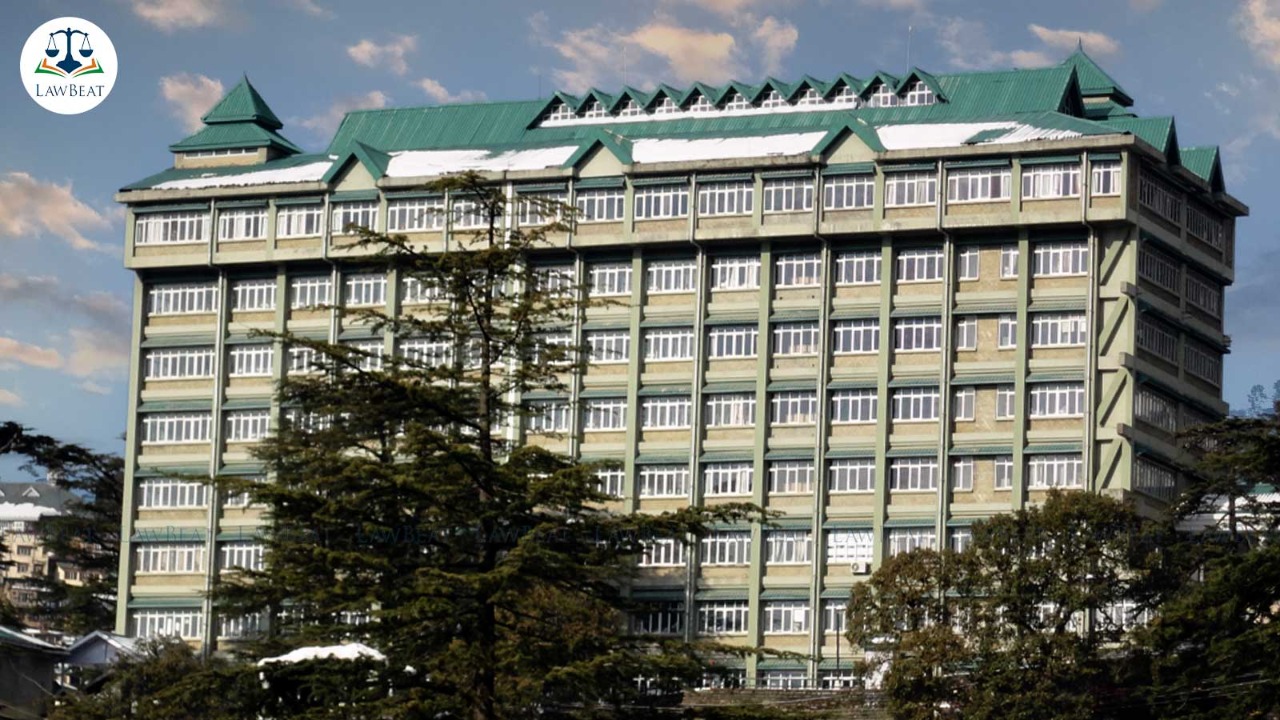Sweeper forced to Dispose Of Students' Collected Urine; HC orders Compensation, Action Against erring person(s)

The sweeper had been forced to arrange a ‘drum’ for students at an institute to urinate and then he was made to carry it two floors down to empty the same.
While lamenting the actions of the officers of the person(s) who forced a part-time sweeper at a Government Polytechnic to dispose of students' urine collected in a drum for a month, the Himachal Pradesh High Court ordered payment of Rs. 2 Lakh as compensation to the sweeper.
The sweeper, who belongs to the Scheduled Caste, had apprised the court that he was forced to do the 'inhuman act' despite his showing inability to perform the task.
Taking a stern view, the bench of Justice Satyen Vaidya ordered the respondent authorities to initiate appropriate action/ proceedings in accordance with law against the official(s)/ person(s) guilty of violating the provisions of the Prohibition of Employment as Manual Scavengers and their Rehabilitation Act, 2013.
The court observed that the petitioner suffered humiliation, ridicule, disgrace, mortification, and consequent embarrassment on account of acts and conduct attributable to the State and its instrumentalities.
Therefore, while stating that the violation of legal rights has manifestation of violation of fundamental right, if remains un-redressed, the single-judge bench held,
"The violator must not remain unpunished for it will not only deny justice to the petitioner but also prove regressive in our progression and quest for achieving the objectives enshrined in the Constitution".
The Case
The court was dealing with a writ petition filed by a part-time Sweeper in Government Polytechnic, Banikhet, District Chamba. He told the court that from December 5, 2017, to January 5, 2018, when the institute conducted its examination in a newly constructed building where on the fourth floor there was no toilet facility, he was forced to keep a drum outside the examination centre for enabling the students to urinate.
He told that he was further directed to empty the drum on the first floor by carrying the same down from the fourth floor and while doing so, one day, he fell on the staircase and suffered injuries.
He also stated that he made representations before the Chief Minister of the State as well as the Chief Justice seeking justice, but his grievance was not redressed, which forced him to file the instant petition.
However, the sweeper's plea was opposed by the respondents who stated that in an inquiry conducted by the Tehsildar, the allegations were found baseless.
The respondent institute had further submitted that the sweeper had voluntarily agreed to perform the duty of urine disposal and was assigned the job in lieu of payment of extra remuneration at the rate of Rs. 55 per shift.
Prohibition of Employment as Manual Scavengers and Their Rehabilitation Act, 2013
However, the court observed that the law clearly prohibits manual scavenging. It referred to Section 5 of the Act of 2013 and opined that it specifically prohibits the employment and engagement of manual scavengers.
Therefore, the court held that the facts of the case revealed the violation of the provisions of the 2013 Act and accordingly, among other directions, directed the Union and the State governments to ensure full implementation of the provisions contained in the Act of 2013.
Case Title: Charno Ram v. Union of India and others
